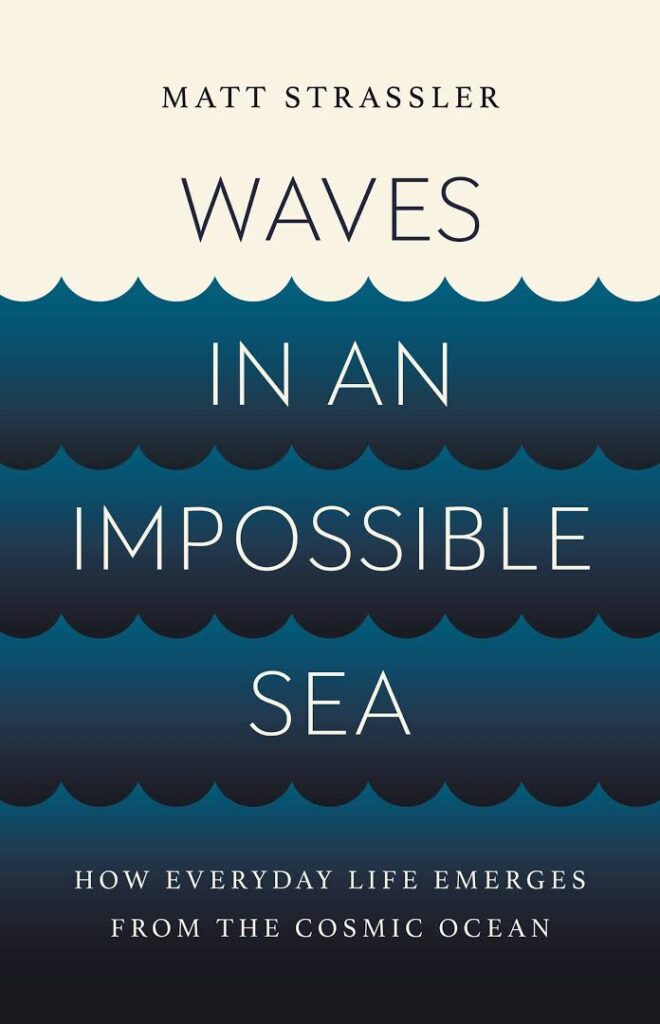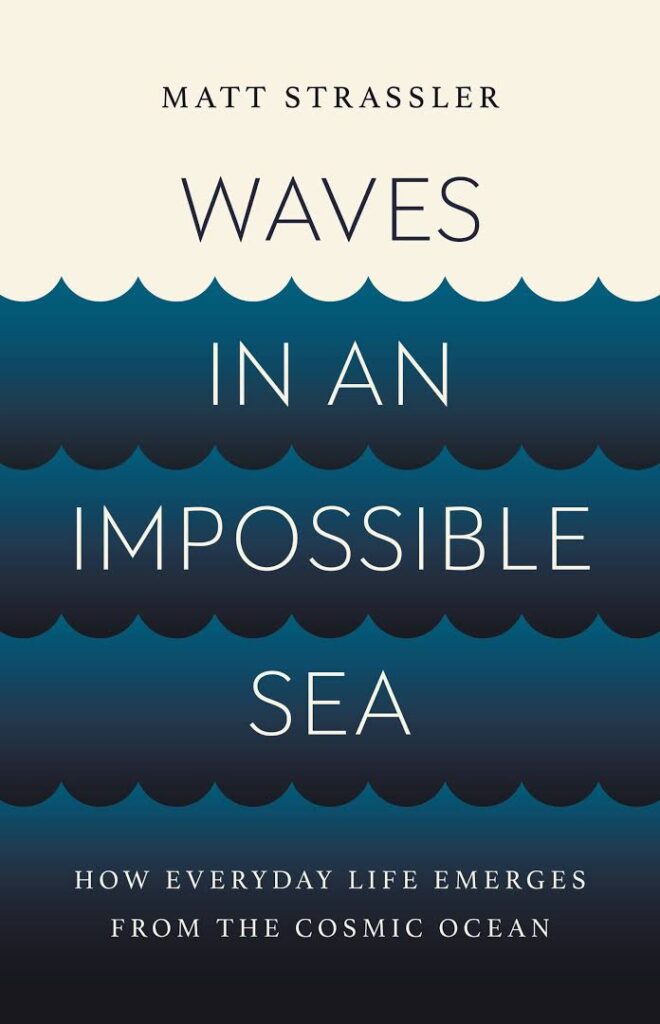Quick post today:
First, there were rumors about the Higgs particle search on Monday that got a lot of attention. Caveat emptor: the experimentalists can’t possibly have their data in presentable form yet, so the rumors can’t be correct in every detail. But if you are interested in a reasonable analysis of what the rumors would roughly mean if they were roughly correct, click here. (I don’t personally see the point of doing lots of detailed analysis based on incomplete information, so if that’s what you want, I’m afraid you’ll have to find that on other blogs.)
Second, I’m still working on my sequence of extra dimensions articles; I’ve been working on a new one that explains what we can learn from Newton’s law of gravity (and Coulomb’s law for electric forces.) This article is still a bit preliminary (still needs a very careful proofread) but if you’re interested you can take a look and comment on what you find confusing.



6 Responses
Does the factor time play any role or is it irrelevant?
For many purposes, the presence of time along with the extra dimensions of space doesn’t matter. But that doesn’t mean it’s never important. For example, in the early universe the entire space-time can be changing in complicated ways. However, this is obviously a much more complex subject and even more speculative, so I prefer not to go there for now.
“MOND, if it affects anything, affects gravity at long distances – galactic scales.” If the preceding statement is true, then the universe should have some sort of bizarre, unknown Milgrom field. Actually, the way I see things, if the finite nature hypothesis is false, then the universe should have some sort of bizarre, unknown Nernst field in order to prevent the vacuum catastrophe.
“What is the probability that Milgrom is the Kepler of contemporary cosmology?” The probability is very small, probably Milgram is ordinary. This does not mean Milgram is not extraordinary, only that it’s unlikely. But, of course, even Kepler was improbable.
“The MOND paradigm posits a departure from standard Newtonian dynamics, and from General Relativity, in the limit of small accelerations. The resulting modified dynamics aim to account for the mass discrepancies in the universe without non-baryonic dark matter. … What is left for MOND to explain on a large scale is a little in comparison, and has to await a full-fledged MOND theory.” — Mordehai Milgrom
M. Milgrom “MD or DM? Modified dynamics at low accelerations versus dark matter”, Jan. 26, 2011, Proceedings of Science, arxiv.org/pdf/1101.5122v1
Does it make sense to write an article on the lessons from Newtonian gravity and to ignore MOND? What is the probability that Milgrom is the Kepler of contemporary cosmology?
Yes, it does make sense. MOND, if it affects anything, affects gravity at long distances — galactic scale. The current article that I have just written is about gravity at shorter distances than this.